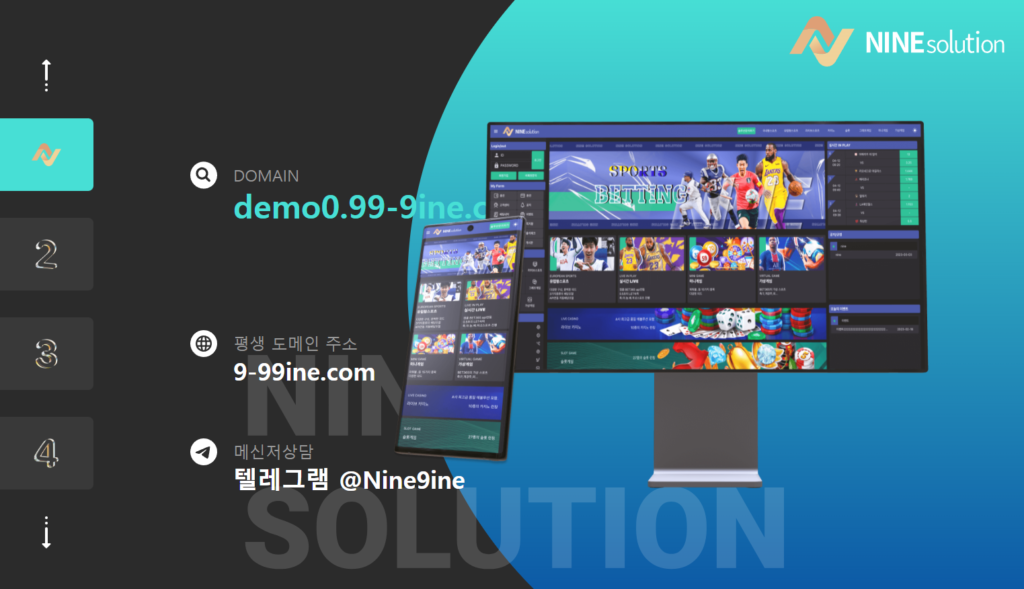Pret A Manger, a globally recognized name in the food and beverage industry, is known for its freshly prepared products and commitment to quality. But beyond the delicious sandwiches and coffee, Pret is also an employer that values its team members and provides ample opportunities for career growth and personal development. If you’re considering a career at Pret A Manger, here’s everything you need to know about the career opportunities, employee benefits, and professional development that the company offers.
Career Opportunities at Pret A Manger
Pret A Manger offers a diverse range of career paths for individuals with varying levels of experience. Whether you’re just starting your career or looking for a change, Pret provides roles that cater to different skills and interests:
-
In-Store Team Members: These roles include positions such as Team Member, Barista, and Kitchen Assistant. Working as a team member at Pret involves engaging with customers, preparing fresh food, and maintaining a welcoming atmosphere in the store. It’s a perfect role for individuals who are passionate about customer service and enjoy working in a fast-paced environment.
-
Management and Leadership Roles: For those with experience in the food service or retail industry, Pret A Manger offers positions such as Assistant Manager, General Manager, and Operations Manager. These roles involve leading teams, managing store operations, and ensuring that every customer receives top-quality service.
-
Support and Corporate Roles: Beyond the storefronts, Pret A Manger also has opportunities at its head office in areas like Human Resources, Marketing, Finance, IT, and Supply Chain Management. These roles are ideal for individuals who want to contribute to the success of the company from behind the scenes.
Training and Professional Development
Pret A Manger is deeply invested in the growth and development of its employees. From the day you join, the company provides a structured training program that equips you with the skills needed to succeed in your role.
-
Initial Training: All new team members undergo a comprehensive training program that covers everything from food preparation to customer service. This ensures that every employee feels confident in their role and understands the high standards that Pret upholds.
-
Ongoing Development: Pret believes in continuous learning. Employees have access to workshops, mentorship programs, and development courses to help them hone their skills. The company also encourages internal promotions, meaning many team members advance into leadership roles within a short period of time.
-
Apprenticeship Programs: Pret offers apprenticeship programs that allow employees to earn recognized qualifications while working. These programs cover various aspects of the business, providing hands-on experience and training in leadership, management, and operations.
Benefits of Working at Pret A Manger
Pret A Manger is known not just Carrieres Pretamanger for its food, but also for its employee-centric culture. The company offers a range of benefits designed to support the well-being and happiness of its employees, including:
-
Competitive Salaries: Pret offers competitive pay, which varies based on the role and location, ensuring that employees are fairly compensated for their work.
-
Employee Discounts: Employees enjoy generous discounts on Pret’s delicious food and beverages, making it easy to enjoy fresh and healthy meals every day.
-
Health and Wellness Benefits: Pret provides comprehensive health and wellness benefits, including medical, dental, and vision coverage. There are also programs focused on mental health and well-being to ensure that employees are supported in every aspect of their lives.
-
Paid Time Off and Flexibility: Pret values work-life balance and offers paid time off, flexible working hours, and opportunities for part-time work. This flexibility is ideal for those balancing work with other commitments, such as studies or family responsibilities.
Why Join Pret A Manger?
Working at Pret A Manger means being part of a company that truly values its people. With a strong focus on employee development, supportive management, and a vibrant team culture, Pret offers more than just a job—it offers a pathway to a fulfilling career. The company prides itself on nurturing talent and creating an environment where every team member can thrive, feel appreciated, and make a real impact.
If you’re looking for a dynamic and rewarding career in the food service industry, consider exploring the career opportunities at Pret A Manger. Whether you’re passionate about hospitality, excited to lead teams, or interested in contributing to the company’s growth at a corporate level, Pret offers a welcoming environment where you can achieve your professional goals.
To learn more about available positions, visit the Careers section on Pret A Manger’s official website or drop by one of their many locations to speak with the team. Start your journey with Pret today and become part of a brand that’s changing the way the world enjoys fresh, fast food.








